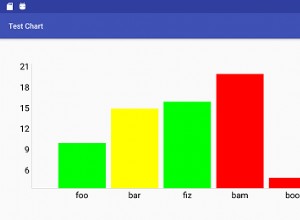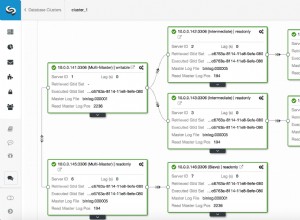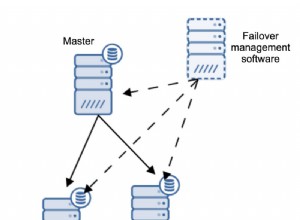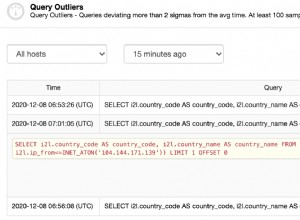Dans Oracle, vous pouvez spécifier des contraintes personnalisées , dans lequel vous pouvez utiliser des fonctions qui évaluent regexp; par exemple :
SQL> create table test_pattern ( txt varchar2(1000))
2 /
Table created.
SQL> alter table test_pattern add constraint check_pattern check (regexp_instr(txt, '^START') != 0)
2 /
Table altered.
SQL> insert into test_pattern values ('START a d f g ')
2 /
1 row created.
SQL> insert into test_pattern values ('_START a d f g ')
2 /
insert into test_pattern values ('_START a d f g ')
*
ERROR at line 1:
ORA-02290: check constraint (SIUINTEGRA.CHECK_PATTERN) violated
Vous pouvez obtenir des informations sur les contraintes que vous définissez avec quelque chose comme :
select *
from dba_constraints
where table_name = 'TEST_PATTERN'




